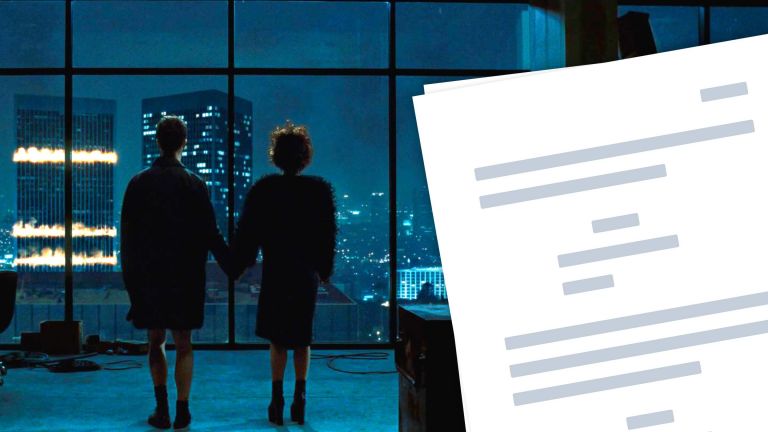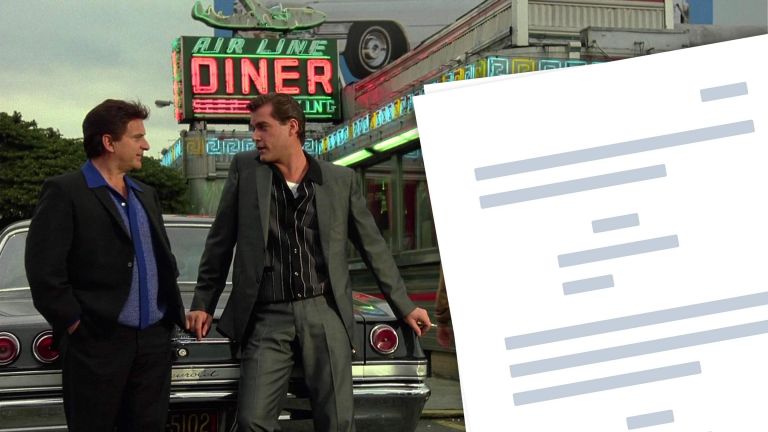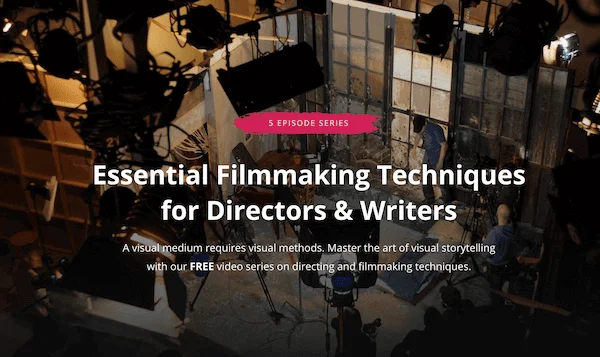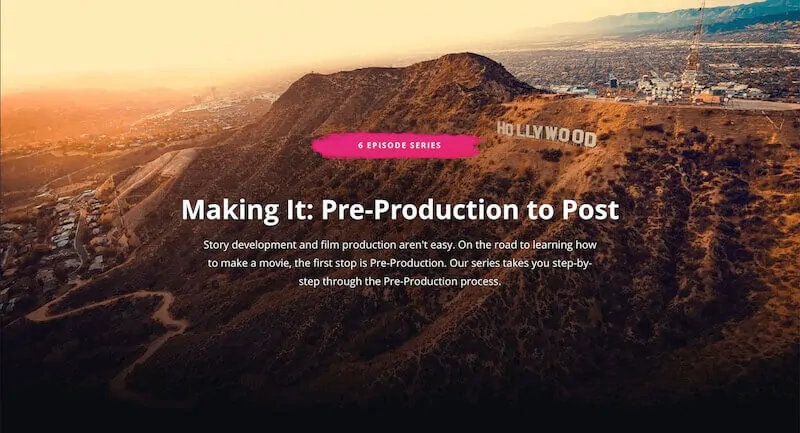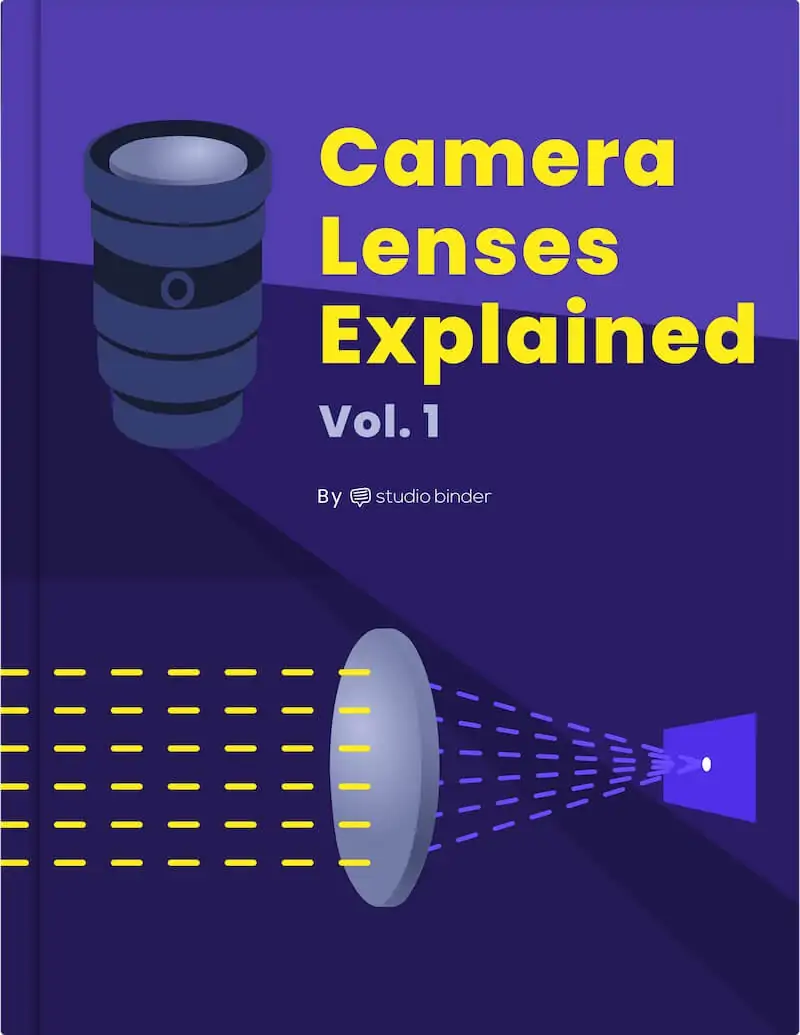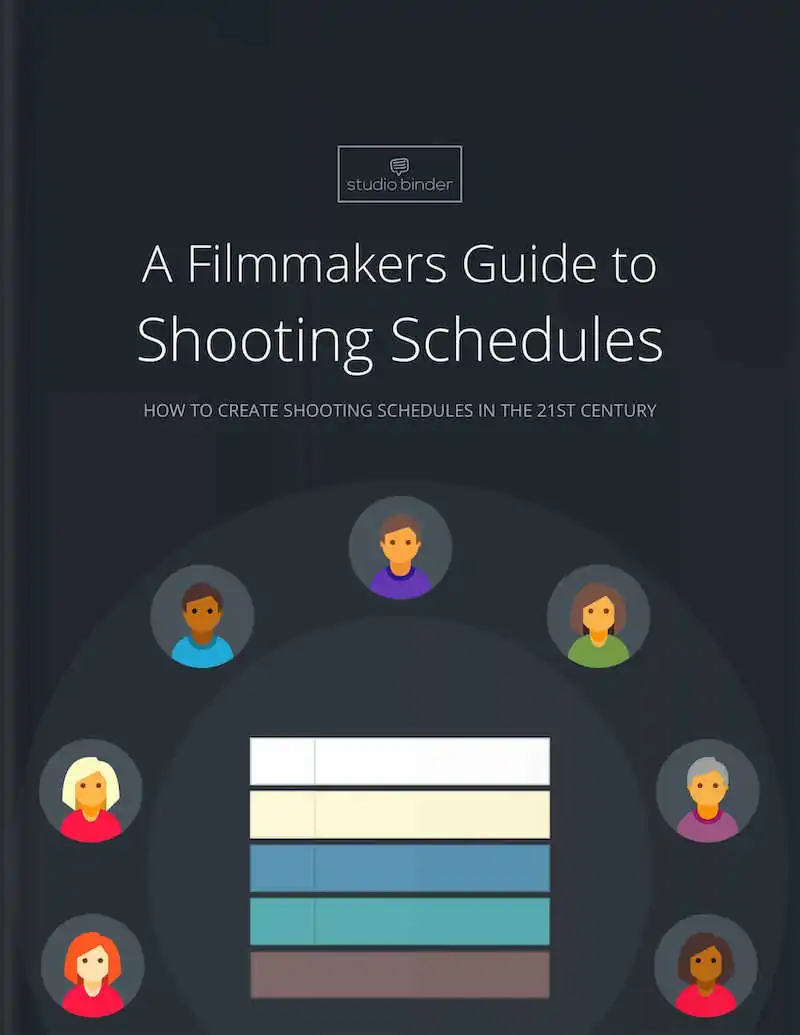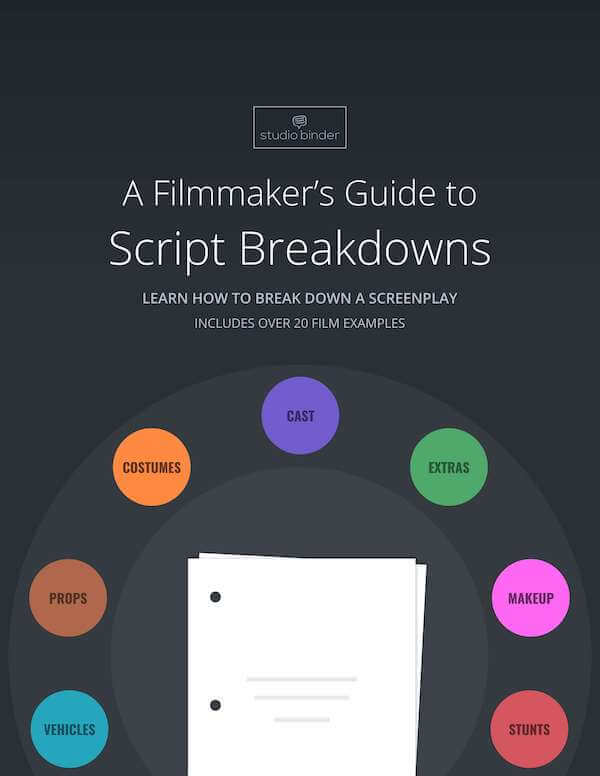What is a foil character? Is it a character who wears tin-foil on their head? Wait no, that’s Joaquin Phoenix in Signs. Foil characters exist to expose something in the main character of a story. You may have heard the term in reference to the works of William Shakespeare, but he’s not the only writer who uses them. We’re going to show you some examples of foil characters from literature, film, and television. By the end, you’ll know how to recognize foils from a mile away and perhaps hatch an idea for your own foil character.Continue reading What is a…
Television shows have a lot of moving parts — almost every show employs numerous writers and directors. So, how do you make sure everything functions as it should while guaranteeing the overall creative vision of the series? This is the job of a showrunner — a position more like the conductor of an orchestra. We’ll break down the basic responsibilities of the role as well as what it takes to eventually become one. What is a showrunner? Let's go behind the scenes of today's biggest television and streaming shows to find the answer.Continue reading What is a Showrunner — What…
The Fight Club script was adapted from Chuck Palahniuk’s book of the same name. This was Fox 2000’s first film, and while it is arguably one of the best films ever made, the executives at Fox 2000 reportedly hated the film. We’re going to provide analysis of the Fight Club screenplay by touching on the Fight Club plot, quotes, characters and ending so you gain a better understanding of how this script worked so well.Continue reading Fight Club Script: Characters, Quotes, and Screenplay PDF Download
Goodfellas is one of the greatest mob movies ever made, and the script is a huge reason why. The script has excellent characters, quotes, and story resolution.In this article, we’re going to look at what we can learn from the Goodfellas screenplay. Continue reading Goodfellas Script: Characters, Quotes, and Screenplay PDF Download
The Shrek 2 script laid the groundwork for one of the most successful sequels in cinema history. In this article, we’re going to look at quotes and plot in the screenplay and then analyze how the story subverts fairytale tropes. But before we get into the script breakdown, let’s review the Shrek 2 summary and don't forget to download the entire Shrek 2 script to copy and paste it into your brain! Watch: Anatomy of a Screenplay — Ultimate Guide Subscribe for more filmmaking videos like this. SHREK 2 PDF Download Click to view and download the entire Shrek 2…
Midsommar is Ari Aster’s haunting folk horror film that stunned audiences in 2019. The movie follows a group of college students who travel to a pagan festival in Sweden and get caught up in a terrifying ordeal. If you’ve seen the film, then you know that description doesn’t really do the movie justice, and there’s so much that makes this film such a complex, intriguing work of art. Fortunately, we’ve analyzed every frame to bring you a comprehensive breakdown of what this movie’s really about. Here’s Midsommar explained for all you filmmakers wanting to make your own folk horror masterpiece.Naturally,…
An inciting incident is an essential part of every story. But what is an inciting incident and why is it so essential? We’re going to get to the bottom of those questions by defining the term and by looking at examples from Star Wars, La La Land, and more. By the end, you’ll know the inciting incident meaning and how to implement it in your own works.Continue reading What is an Inciting Incident — Definition & Script Examples
Mad Men is one of television's best period pieces. It not only uses the 1960s as a backdrop and setting for the show, it imbues its dialogue, story, and characters with the details of the times. Every character reflects the 1960s in one way or another. In this article, we’ll analyze how Betty Draper’s tragic character arc was developed and written to reflect the times. Be warned there are spoilers ahead.Continue reading Betty Draper: How They Wrote Mad Men’s Most Tragic Character
Want to learn how to write an adaptation of an adaptation? Look no further than Stephen Chbosky and Evan Spiliotopoulos’s 2017 Beauty and the Beast script. We’re going to break down the Beauty and the Beast script by looking at its characters, quotes, and ending. By the end, you’ll know how Chbosky and Spiliotopoulos renovated a 250+ year story while staying true to the original.Continue reading Beauty and the Beast Script PDF Download: Plot, Quotes, and Analysis
Inductive reasoning and deductive reasoning represent two polar approaches to critical reasoning. But what is the difference between inductive and deductive reasoning? We’re going to break down inductive vs deductive reasoning by looking at their definitions as well as some examples. By the end, you’ll know how inductive and deductive reasoning are used, and how to implement them in your own writing.Continue reading Inductive vs Deductive Reasoning — Differences & Usages


